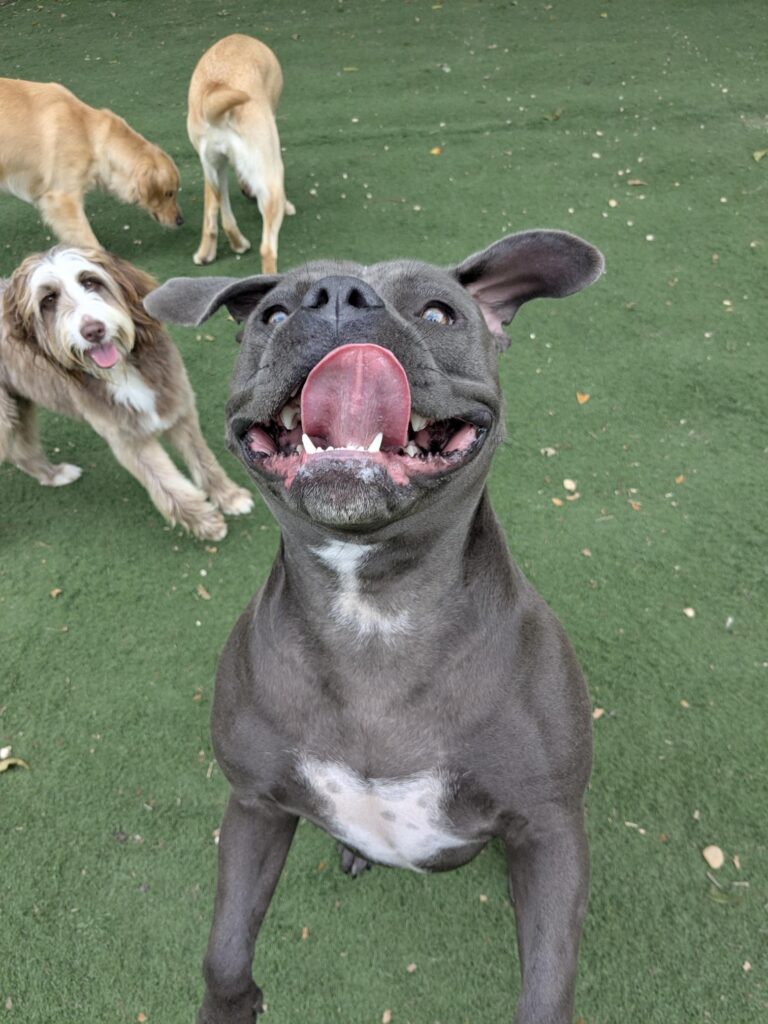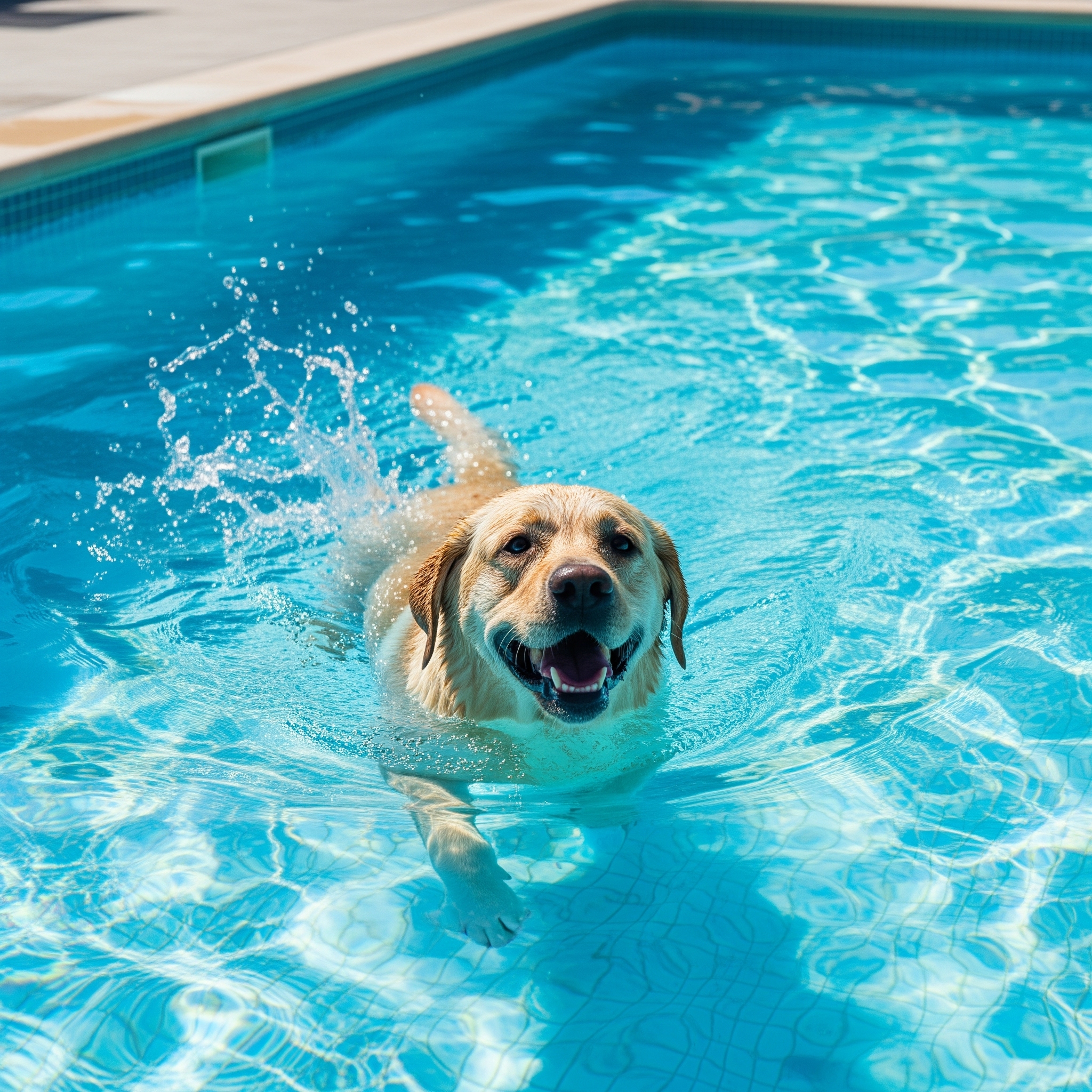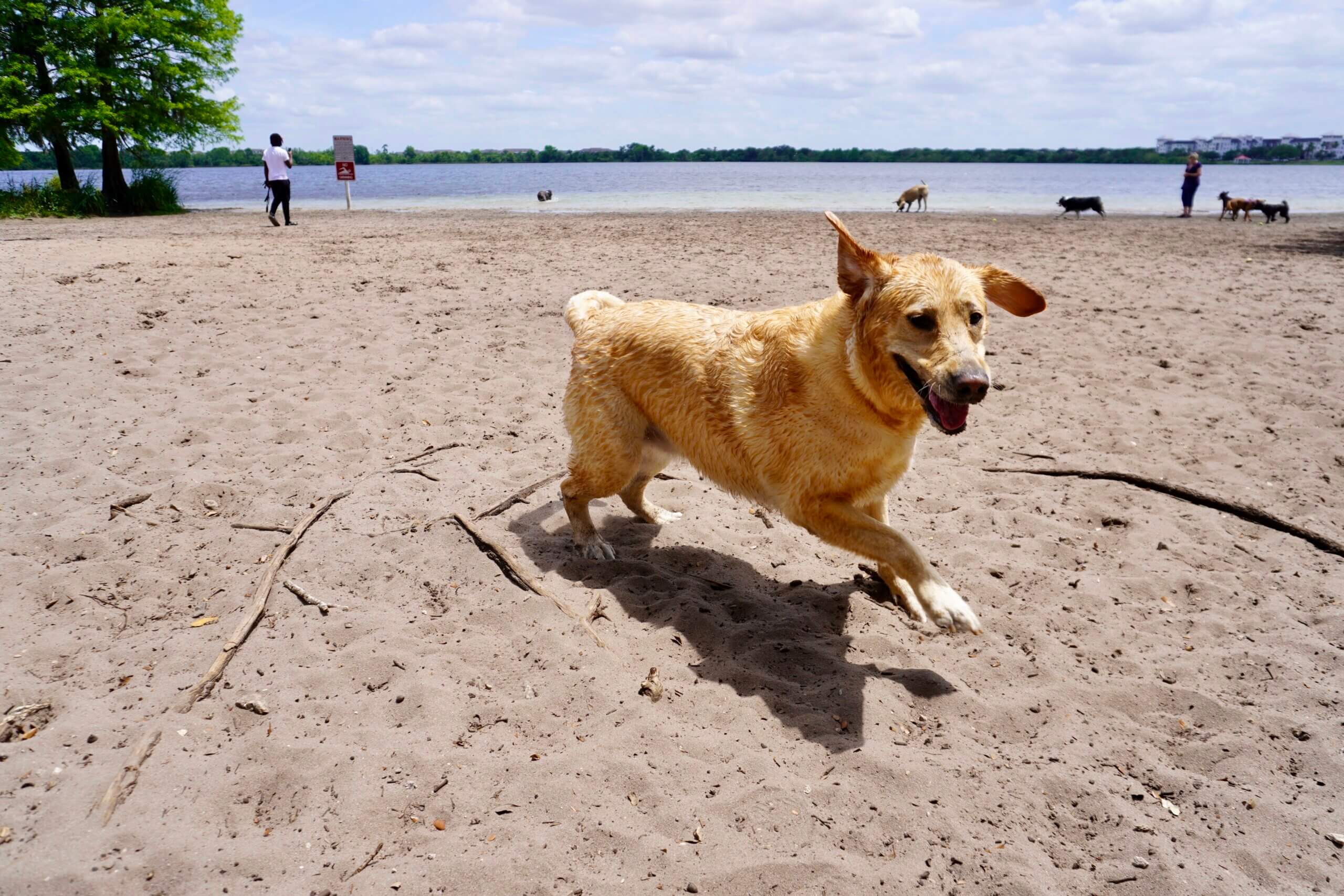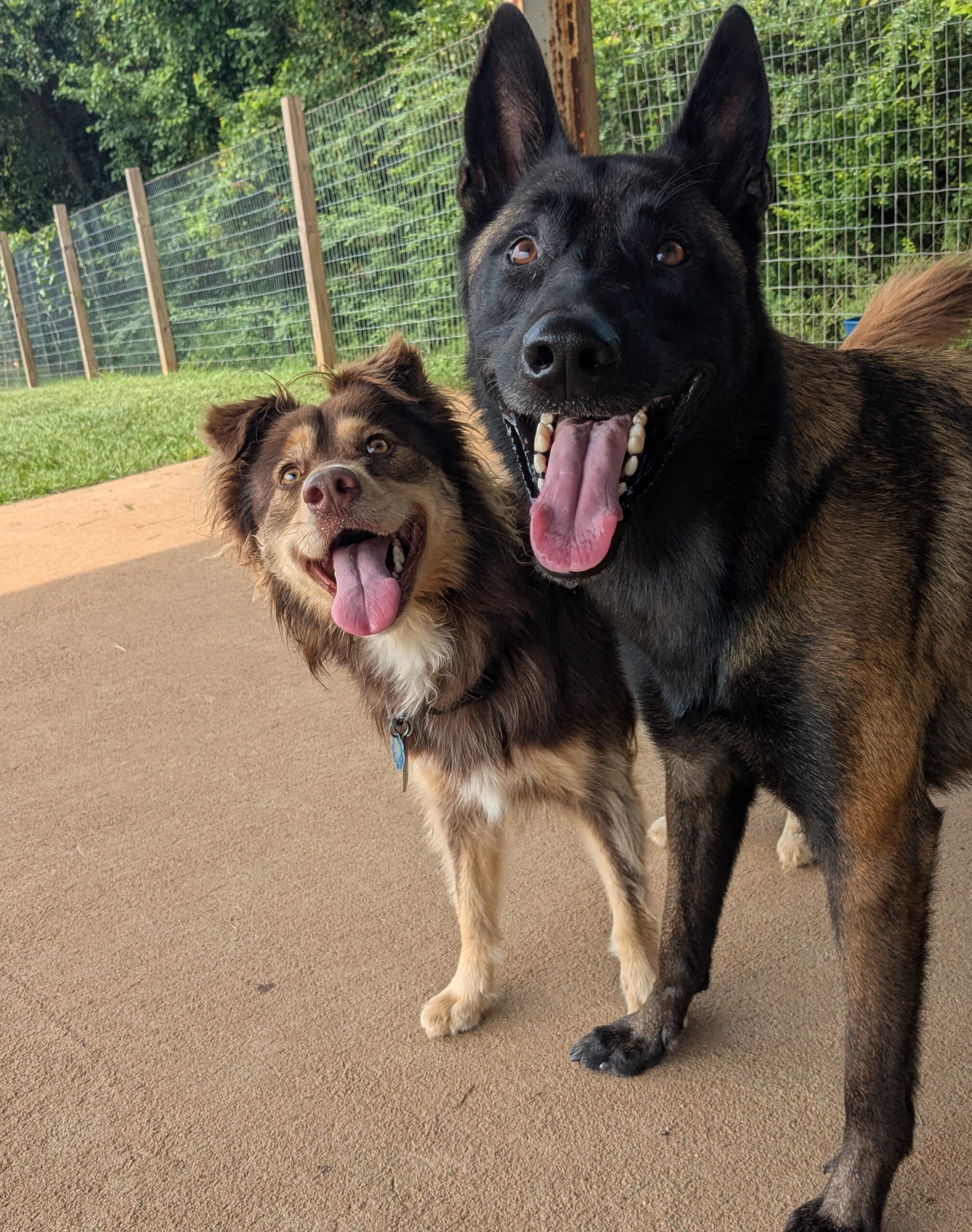Dogs are naturally social creatures. From their wolf ancestors to the family pets we know today, interaction and play have always been essential to their wellbeing. At Seapaws, we’ve seen firsthand how dogs that engage in safe, structured socialization and play are happier, healthier, and more confident in their everyday lives. Whether you’re a seasoned dog owner or a first-time pet parent, understanding the benefits of socialization can transform the way your dog experiences the world.
The Importance of Socialization
Socialization isn’t just about being friendly to other dogs. It’s the process of helping a dog learn how to interact with different environments, animals, and people in a safe and controlled manner. Well-socialized dogs are less likely to develop anxiety, fear-based behaviors, or aggression.
Starting socialization early is ideal, but it’s never too late. Puppies exposed to new sounds, smells, people, and situations in their first few months develop confidence and adaptability. Adult dogs can also benefit from carefully introduced interactions, particularly when guided by professional daycare staff or trainers.
Mental and Physical Benefits
Play and interaction aren’t just fun—they’re essential for mental stimulation and physical health. Dogs need outlets for their natural instincts to chase, tug, fetch, and explore. Engaging in play keeps their minds sharp and muscles strong.
Interactive games and structured activities help prevent boredom, which is a leading cause of destructive behavior at home. Dogs left unstimulated may chew furniture, dig in the yard, or bark excessively. On the other hand, a well-exercised and mentally engaged dog is calm, attentive, and responsive.
Doggy Daycare: Safe Socialization
Doggy daycare offers a controlled environment where dogs can interact and play under supervision. At Seapaws, our trained staff monitors every interaction to ensure safety and positive experiences. Daycare provides a consistent routine of socialization, allowing dogs to build confidence while learning appropriate social behaviors.
Playgroups are organized by size, temperament, and energy level. This ensures that high-energy dogs have a suitable outlet while more reserved dogs can socialize at their own pace. Structured socialization in daycare reduces the risk of accidents or stress-related behaviors that can occur in unmonitored settings.
Playdates and Group Activities
In addition to daycare, playdates and organized group activities offer opportunities for dogs to interact outside the home. Activities like fetch sessions, agility exercises, and obedience games provide both mental and physical engagement. These experiences help dogs develop problem-solving skills, build confidence, and reinforce good manners in a social context.
Dogs that regularly engage in play with others also learn important social cues. They develop the ability to read body language, respond appropriately to signals from other dogs, and adjust their behavior based on the situation. This social intelligence contributes to a well-adjusted, happy pet.
Indoor Socialization and Mental Stimulation
Not all socialization needs to happen outdoors. Indoor play, puzzle toys, and interactive feeders offer ways for dogs to challenge their minds and develop patience. Training sessions using positive reinforcement also provide social interaction while strengthening the bond between dog and owner.
Indoor activities are especially useful during extreme weather or in urban environments where outdoor play may be limited. Mental stimulation inside the home ensures dogs maintain their social skills, adaptability, and energy levels without relying solely on outdoor activity.
Building Confidence Through Positive Experiences
At the heart of socialization is confidence. Dogs exposed to new experiences in a positive, controlled environment learn to approach the world with curiosity rather than fear. Confidence reduces stress and anxiety, making dogs more comfortable in new situations, whether it’s a trip to the vet, a family gathering, or a walk in a busy park.
Consistency is key. Regular socialization and play experiences reinforce good behavior and ensure dogs continue to grow into well-rounded, happy companions.
The Role of Pet Parents
Pet parents play a crucial role in their dog’s social development. Observing your dog’s behavior, understanding their cues, and supporting positive interactions are essential for successful socialization. Choosing the right daycare, arranging safe playdates, and engaging in interactive games at home all contribute to a dog’s mental and emotional wellbeing.
A confident, well-socialized dog is easier to train, more adaptable to new experiences, and generally healthier both physically and emotionally. By prioritizing play and social interaction, you’re investing in a lifelong foundation for your dog’s happiness.
Seapaws: Where Dogs Thrive
At Seapaws, our approach combines structured play, supervised socialization, and enrichment activities designed to meet each dog’s unique needs. We understand that every dog is different, and our programs cater to energy levels, temperament, and personality. Whether it’s a high-energy fetch session, a calm interaction, or mental enrichment games, every experience is aimed at fostering confidence, happiness, and overall wellbeing.
Socialization and play are more than just activities—they are essential to your dog’s development and quality of life. By providing safe, supervised, and engaging opportunities, Seapaws ensures that every dog leaves happier, healthier, and ready to enjoy life to the fullest.







